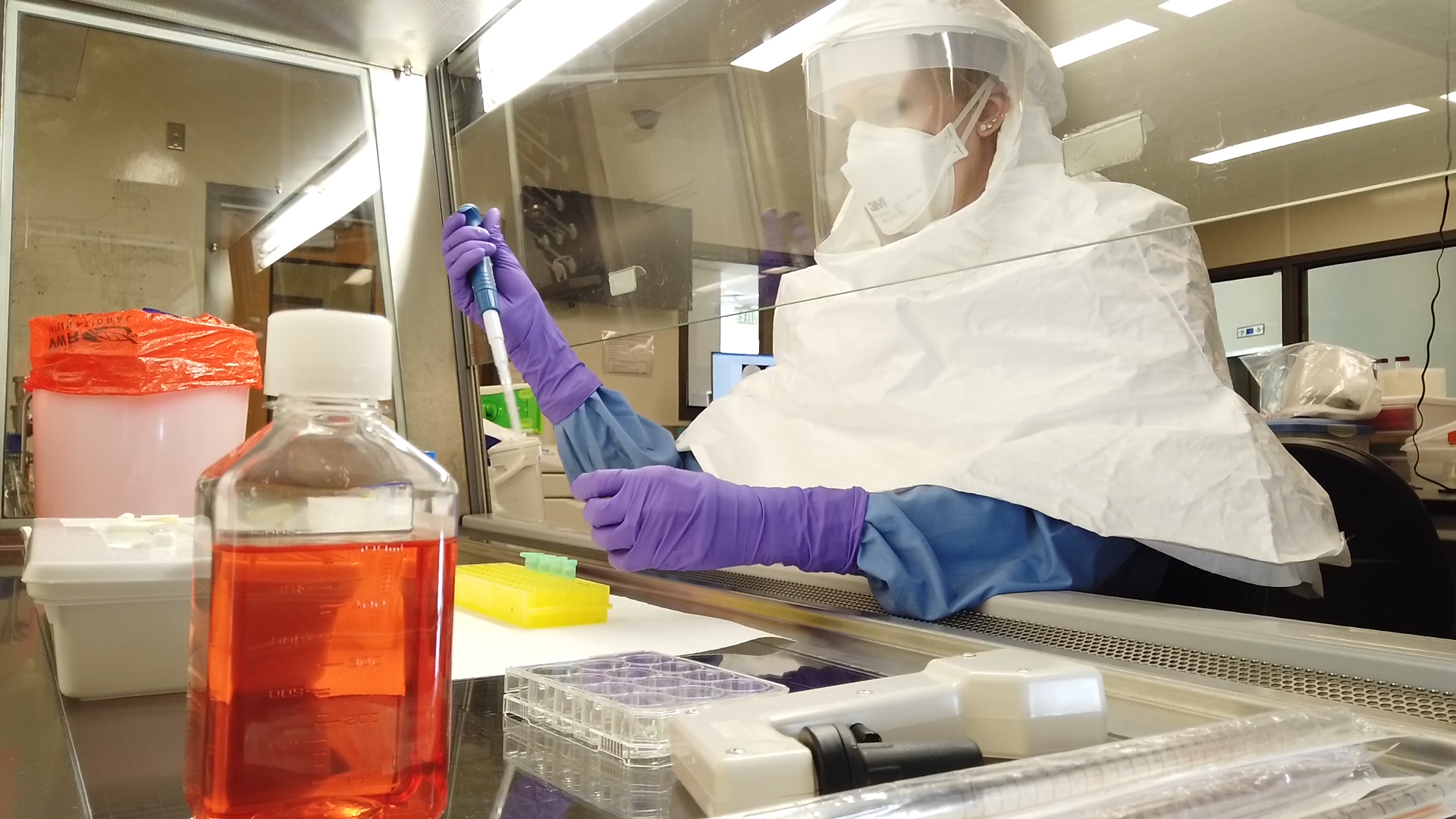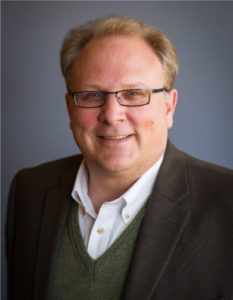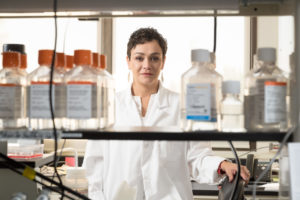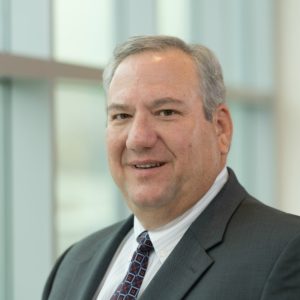
Dr. Izabela Ragan, a veterinary scientist, said that landing the award helps the research team build on momentum, to better understand the vaccine platform and benefits. Photo: Ron Bend/CSU
A team of scientists at Colorado State University was awarded a base contract worth $3.1 million from the National Institutes of Health to continue development of a coronavirus vaccine candidate known as SolaVAX™.
The funding comes from the National Institute of Allergy and Infectious Diseases (NIAID), a part of NIH, and includes an additional $15.5 million over five years if all options are implemented. The additional funding will support pre-clinical research and a move to Phase I human clinical trials to test the safety and immune response of the vaccine.
SolaVAX repurposes a commercial platform that is currently used to inactivate pathogens in blood transfusions. The strategy uses UV light and riboflavin to create an inactivated virus, which stimulates a person’s immune system to fight the virus. The research team aims to demonstrate the effectiveness of the SolaVAX process to inactivate SARS-CoV-2, which causes COVID-19, to be used in a vaccine against the disease.
The NIAID contract will support research at CSU’s Biopharmaceutical Manufacturing and Academic Resource Center (BioMARC) facility, where scientists will work to produce strains of the coronavirus to be used in SolaVAX.
This vaccine has already been successfully tested in a pre-clinical testing feasibility program at CSU, according to Ray Goodrich, principal investigator for the project and executive director of the Infectious Disease Research Center at CSU.
Alan Rudolph, CSU’s vice president for research, said this award underscores the university’s prominence in emerging infectious disease research and the rapid response to the COVID-19 pandemic.
“Our researchers moved swiftly to provide the state, the nation and the world with a range of potential solutions and medical countermeasures to the virus,” he said.
Years of experience lead to SolaVAX research

Goodrich said the current work builds off nearly 20 years of his experience using the UV light and riboflavin process to improve the safety of blood transfusion products.
“We have incredible resources at CSU that we have mobilized in the face of a global pandemic,” he said. Earlier this year, Goodrich assembled a diverse team of scientists at the university to work toward producing a therapeutic or treatment to combat COVID-19.
As the research progresses, the team will scale up production of the virus and key reagents for research and manufacturing at BioMARC. The Biosafety Level 3 cGMP facility is already making products for other infectious diseases with support from the federal government, industry and major foundations. cGMP stands for Current Good Manufacturing Practices, as designated by the U.S. Food and Drug Administration.
Unique research, manufacturing capabilities
John Wyckoff, director of BioMARC and an immunologist by training, said his team will develop processes to grow the virus and test it to make sure it’s inactivated. They’ll then purify the virus particles, eliminating components that won’t be a part of the final vaccine candidate.
“We’ll make sure the vaccine we produce is physically stable,” he said. “And we’ll eventually move into producing material that will be used in human clinical trials.”
SolaVAX research team spans multiple disciplines

Dr. Marcela Henao-Tamayo, a member of the research team and an assistant professor in the Department of Microbiology, Immunology and Pathology at CSU, said that landing this support from the federal government speaks to the high level of expertise at the university.
“Our researchers quickly started working together and collaborating in a matter of weeks,” she said. “We have great resources in terms of our Biosafety Level 3 space, which allows us to work with infectious pathogens.”
Henao-Tamayo, who has a medical degree from the University of Antioquia, Colombia, said support early on from the university – specifically from the Office of the Vice President for Research – was key.
“Without initial help from the university, we wouldn’t be where we are,” she said.
Wyckoff acknowledged the excitement and pride among the research team, as support for the vaccine candidate research grows.

“Handling the coronavirus is not something that can be done just anywhere,” he said. “This is what we’re made for, this is why we’re here at CSU.”
Lindsay Hartson, lab manager and part of the research team, said it feels great to have the validation through these new contracts that the work that is being done is valuable.
“It is amazing how many capabilities we have to test the virus as well as the vaccine,” she said. “Every time we generate data and share information with others on the team, we more thoroughly characterize what the vaccine is doing and what the virus itself is doing,” she said.
Dr. Izabela Ragan, a veterinary scientist and part of the Bowen Lab at CSU, said the team is currently summarizing research findings for publication.
“Receiving NIH funding will help us build on that momentum, understand the vaccine platform, and benefits for in vivo models,” she said. “That will help us understand what this vaccine is doing in terms of protection.”
This award follows a $699,994 award from the Biomedical Advanced Research and Development Authority (BARDA) to support preclinical research on the vaccine technology process.
The Infectious Disease Research Center is home to one of 14 labs across the country that are part of the Regional and National Biocontainment Laboratory network under the National Institute of Allergy and Infectious Diseases.
Learn more about SolaVAX: https://col.st/JXphT
Additional members of the SolaVAX research team include:
- Richard Bowen, professor and veterinary scientist, Department of Biomedical Sciences
- Sandy Brown, business development manager and contract supervisor, BioMARC
- Joanna Ellinghuysen, head of project management, BioMARC
- Darragh Heaslip, head of technical operations, BioMARC
- Celeste O’Connor, head of quality, BioMARC
- Brendan Podell, veterinary scientist and assistant professor, Department of Microbiology, Immunology and Pathology
- Mark Stenglein, molecular geneticist and assistant professor, Department of Microbiology, Immunology and Pathology
This research team is supported by Dinaida Egan and BreeAnn Brandhagen (Research Acceleration Office) and Lisa Anaya-Esquibel (Office of Sponsored Programs).
This project has been funded in whole or in part with Federal funds from the Department of Health and Human Services, National Institutes of Health, under Contract No. 75N93020C00053.